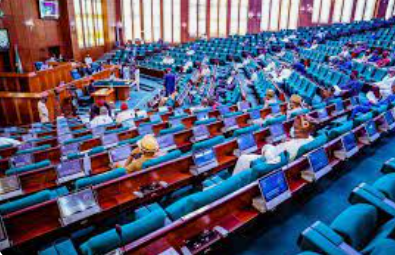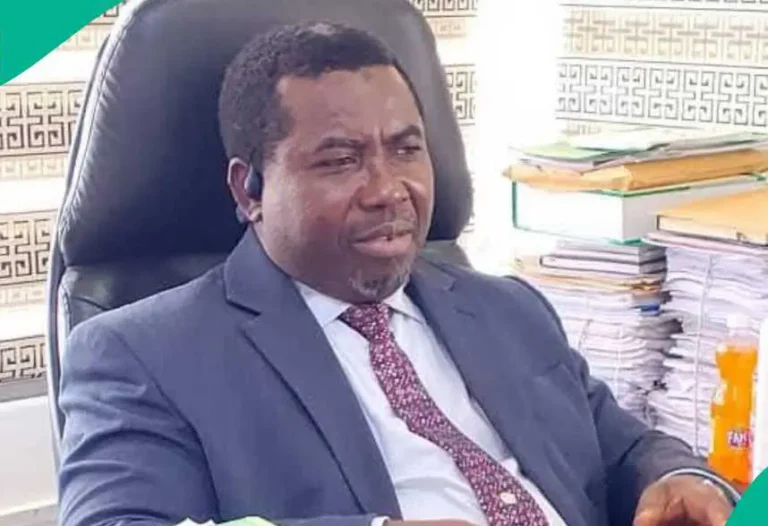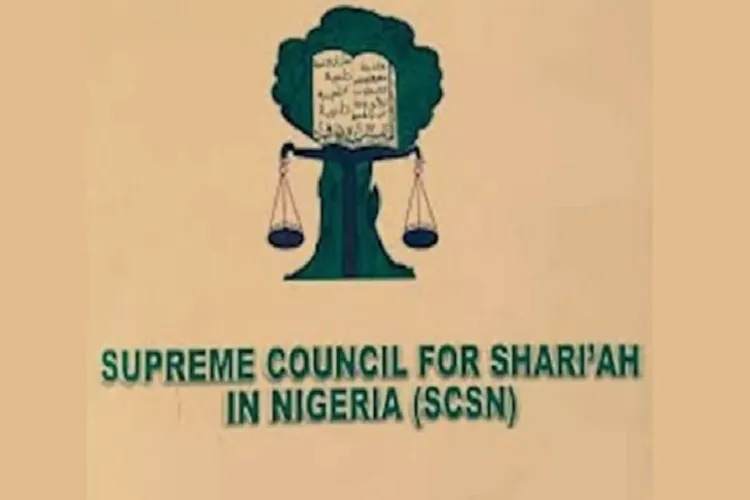
The House of Representatives has passed for second reading a bill seeking to amend the Economic and Financial Crimes Commission (Establishment) Act, 2004, to confer institutional independence on the anti-corruption agency.
The resolution of the House followed the consideration of a bill sponsored by Plateau State lawmaker, Yusuf Gagdi, during Thursday’s plenary.
Among other provisions, the proposed legislation seeks to insulate the EFCC from political control and align its operations with global anti-corruption best practices.
Leading the debate on the general principles of the bill at a session presided over by the Deputy Speaker, Benjamin Kalu, Gagdi said the amendment aims to modernise the EFCC’s legal framework to enable it to respond to the multi-layered patterns of financial and economic crimes across the country.
Since the enactment of the EFCC Act in 2004, he noted, the scope of financial crimes has expanded to include cybercrime, cryptocurrency manipulation, illicit financial flows, terrorism financing, and real estate-based money laundering.
Under the existing Act, the President does not require the approval of the National Assembly to remove the Chairman of the anti-graft body.
“The EFCC operates under outdated provisions that do not adequately address these new realities,” Gagdi said. “Furthermore, the existing Act does not provide sufficient guarantees for the independence of the Commission, exposing it to external influence and political interference.”
One of the proposed amendments seeks to curtail the President’s power to remove the EFCC Chairman, which under the current law can be done at the President’s sole discretion.
Section 3(2) of the EFCC Act, 2004, provides that:“A member of the Commission may at any time be removed by the President for inability to discharge the functions of his office (whether arising from infirmity of mind or body or any other cause) or for misconduct, or if the President is satisfied that it is not in the interest of the Commission or the interest of the public that the member should continue in office.”
Gagdi noted that under the proposed amendment, the removal of the EFCC Chairman would require the approval of a two-thirds majority of both the Senate and the House of Representatives before it can take effect.
According to him, if the amendment is passed, it would help restore public confidence in the anti-graft agency.
He said, “The bill presents a decisive step towards strengthening Nigeria’s anti-corruption framework. It seeks to ensure that the EFCC operates as an independent, professional, and transparent institution that is responsive to modern financial crime realities.
“This amendment will not only strengthen Nigeria’s global reputation but also promote good governance, economic stability, and public confidence in the fight against corruption.”
In his contribution, Abia lawmaker and Chairman of the House Committee on Financial Crimes, Ginger Onwusibe, described the amendment as long overdue, noting that many contemporary financial crimes were not captured in the principal Act.
The bill was unanimously passed for second reading and referred to the relevant House committee for further legislative action.
PUNCH.




